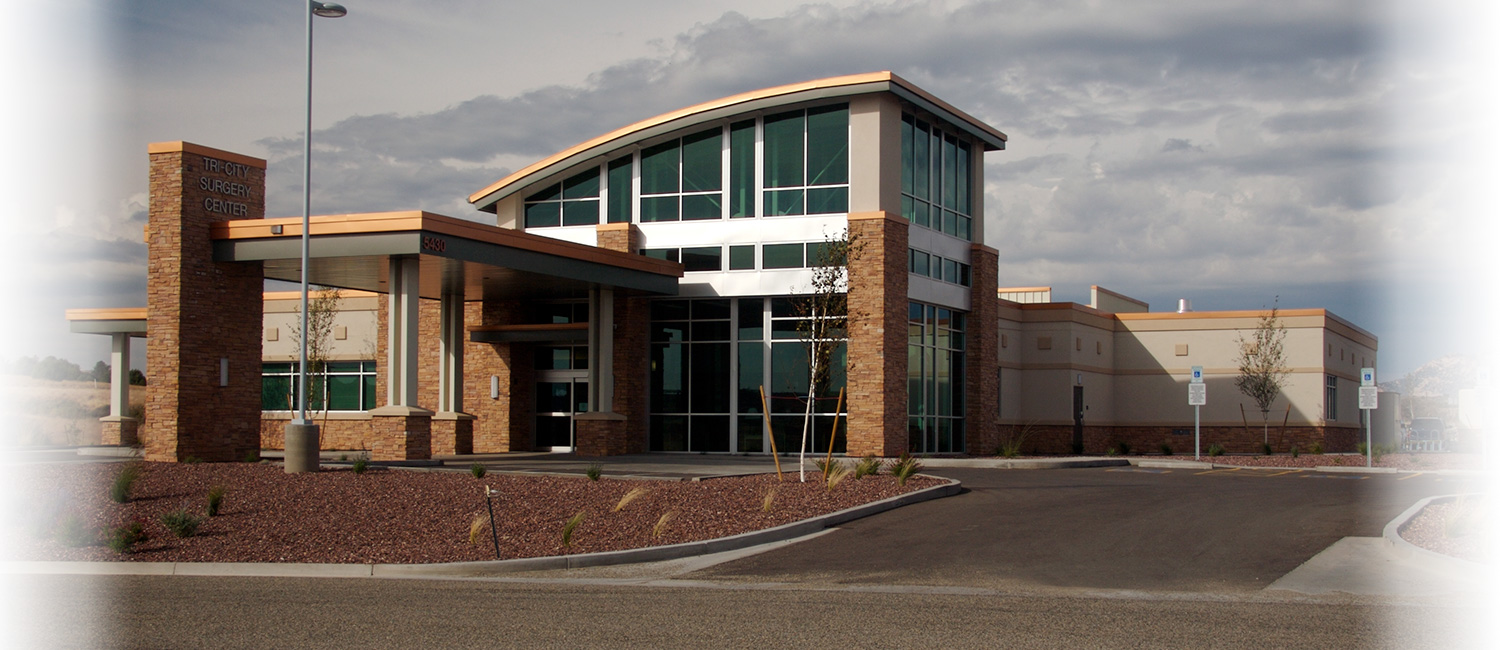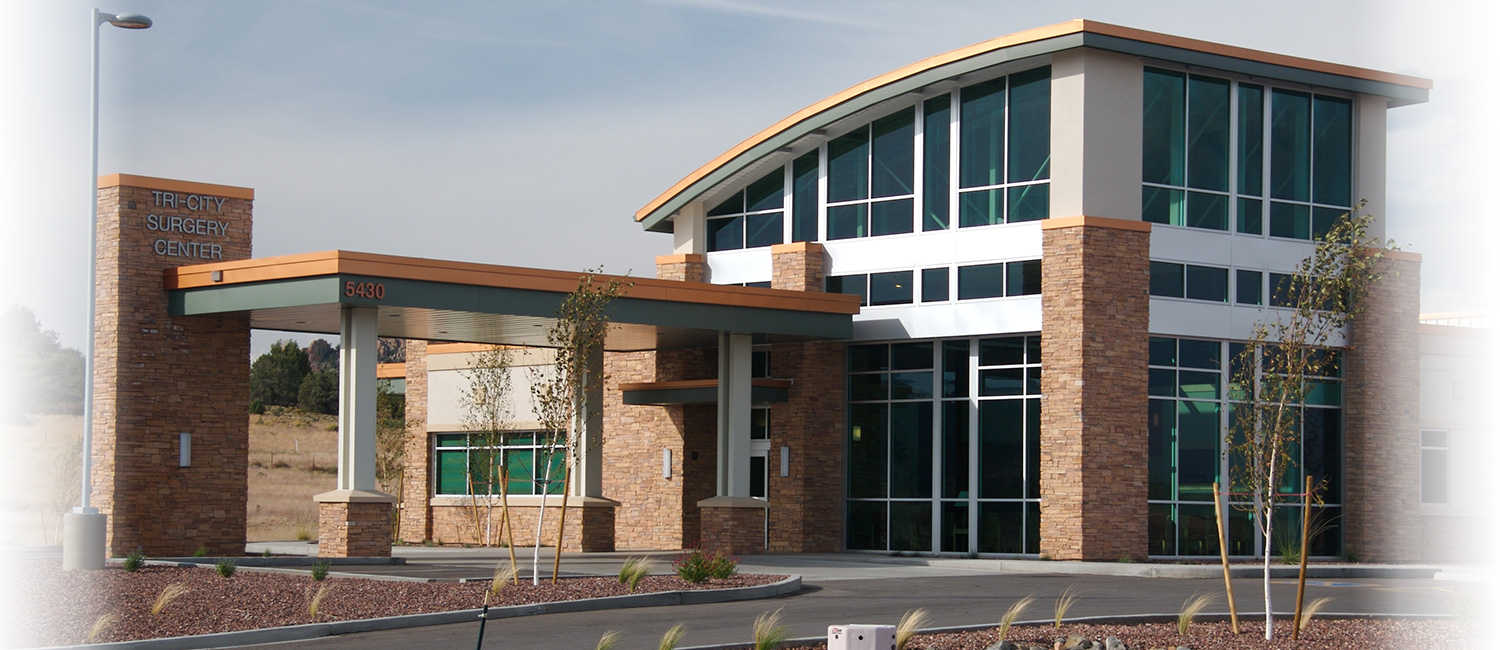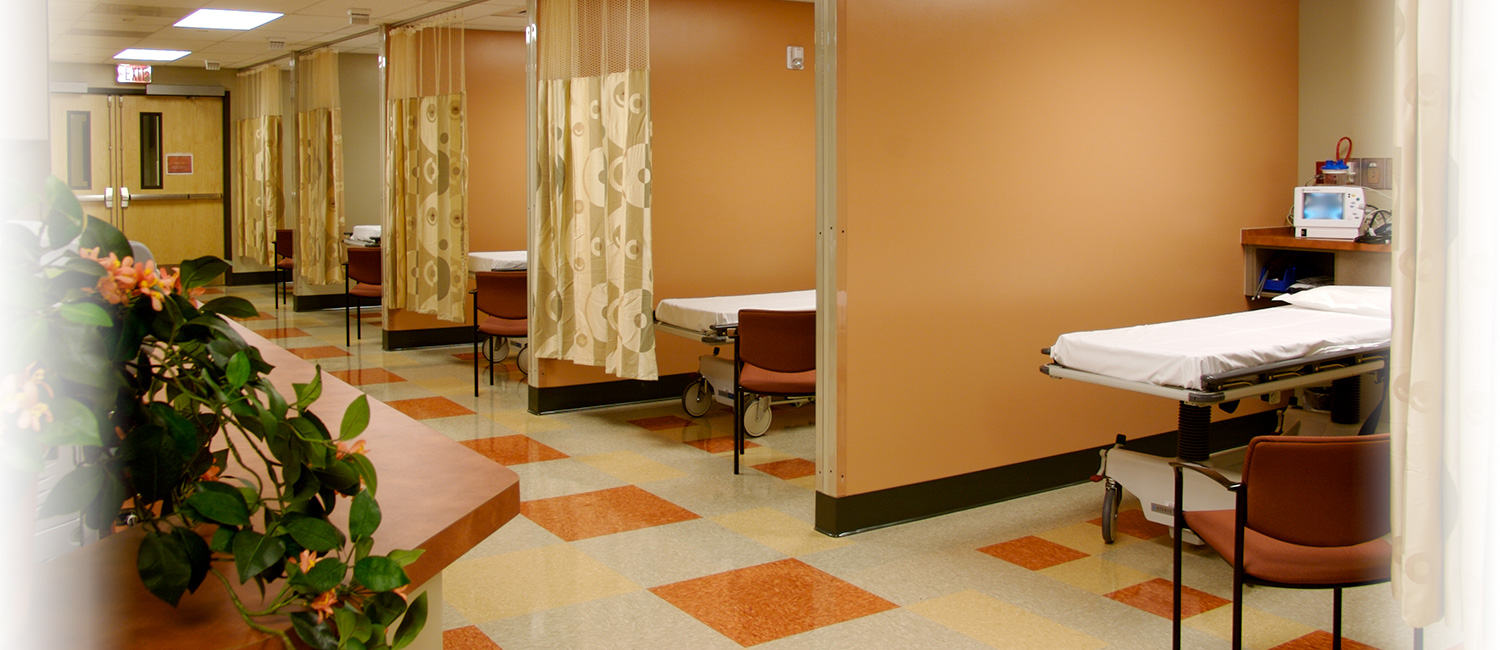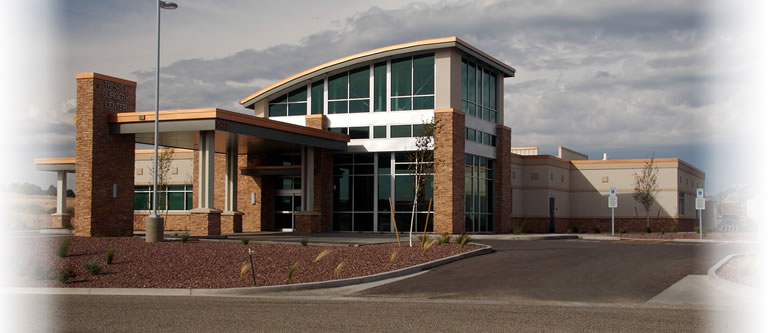



Identification of NMS is based on an analysis of the patient’s symptoms, and laboratory diagnostics helps assess the severity of the disorders and monitor the effectiveness of the therapy. In the blood plasma of almost all patients with NMS, an increase in creatinine phosphokinase (CPK) is detected, which is due to the destruction of muscle cells. But this is not an absolute confirmation of the diagnosis and cannot serve as a screening test. After all, if a person already had at least mild neurolepsy, then an increase in CPK will most likely occur even with a cold or the addition of any infectious disease.
As complications develop, symptoms of multiple organ failure and pulmonary edema appear, and with cerebral edema, various neurological disorders increase. Tests usually reveal increased levels of white blood cells and ESR, metabolic acidosis and electrolyte imbalance, protinuria and azotemia due to blockage of the renal tubules by muscle cell breakdown products.
The severity of the condition and the potential threat to life are an indication for urgent transfer of the patient to a specialized intensive care unit, if such a unit exists in the medical institution. If this is not possible, the patient is placed under intensive 24-hour staff supervision, and his condition is regularly monitored by a doctor. At the same time, measures are being taken to organize transportation of the patient to the intensive care unit of another hospital. Often a consultation with a neurologist and therapist is required.
Instrumental diagnostics for NMS are not required; they will not provide any clinically significant information. Only in controversial cases may MRI or CT be required to exclude brain damage.
The appearance of signs of neuroleptic malignant syndrome requires immediate discontinuation of the antipsychotic or other drug that caused this condition. Difficulties arise when using depot forms of antipsychotic drugs. In this case, correctors are prescribed as early as possible, which reduce the severity of extrapyramidal and autonomic disorders. These funds are also required when using short-acting antipsychotics, but the duration of their use in this case will be shorter.
Symptomatic therapy for NMS includes replenishing fluid deficiency, improving blood rheology, correcting acid-base balance and electrolyte imbalance, and treating complications that arise. It is important to monitor the state of the blood coagulation system, to prevent disseminated intravascular syndrometwisting (DIC) and deep thrombosis. For this purpose, subcutaneous injections of small doses of heparin are often used. A urinary catheter is installed to control diuresis. Medicines are administered intravenously, usually through central or peripheral venous catheterization. If respiratory failure develops, a decision may be made to intubate the trachea.
There is no need to be alarmed by the volume of fluid administered; this is required for detoxification, prevention of kidney failure, elimination of dehydration and normalization of blood flow. Yes, and at first, patients can be fed parenterally, for which special solutions are used. Subsequently, they switch to tube feeding, and after swallowing is restored, the person is returned to the natural way of eating. One of the fairly effective non-drug treatments for neuroleptic malignant syndrome is electroconvulsive therapy (ECT). Modern techniques involve a gentle way of carrying out this procedure, using muscle relaxants, sedation, or even the use of short-term anesthesia.
Neuroleptic malignant syndrome is a serious complication that requires prompt initiation of intensive treatment. The earlier the diagnosis is made and the antipsychotic is discontinued, the better the prognosis for the patient. Sometimes, even after relief of this syndrome, the person who has suffered from it continues to have neurological disorders for quite a long time, which will require continuation of the therapy recommended by the doctor. Neuroleptic malignant syndrome.